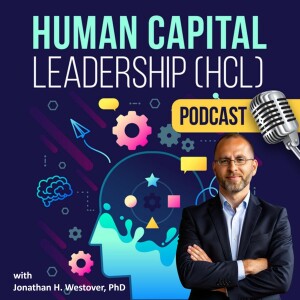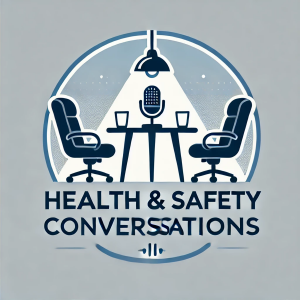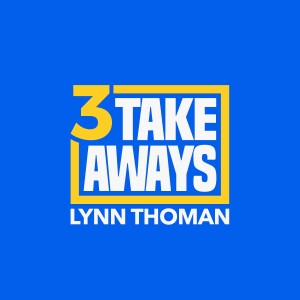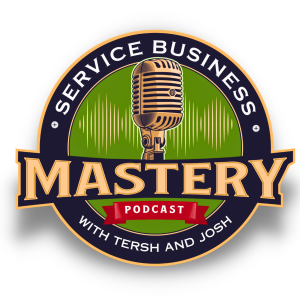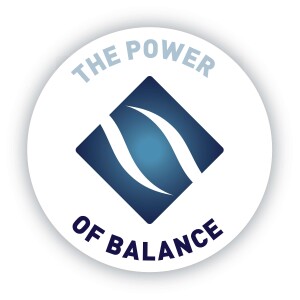18. Didier Cossin on governance as key driver of org performance & High Performance Boards
Didier Cossin is the founder and director of IMD Global Board Center based in Switzerland, where he works with owners, boards, and senior leaders to enhance organizational performance using strategy, best-in-class decision-making and enhancing board culture and governance best practices In this episode he talks about creating a high performance thru enhancing board culture, fostering constructive dissent and focusing on governance best practices.
Thanks for listening!
We love our listeners! Drop us a line or give us guest suggestions here.
Links
https://www.imd.org/faculty/professors/didier-cossin/
https://www.linkedin.com/in/didiercossin/
Quotes
Governance has been the key driver of performance in the markets and for organizations and the way I define governance, which I think is all encompassing, is the art of decision-making at the top of organizations.
Constructive dissent is pivotal in the high functioning board. Dialectic is the meeting of well-informed great minds that through a dialogue, builds up towards a better decision and thus constructive dissent. Yes, dissent, having a different view, but in a constructive way for the organization, bringing the decision to a higher level and whatever we do in governance, it's about fostering that constructive dissent towards decisions.
When a board is looking for a new member, what should it be looking for to determine that this new member will fit into this structure that it, that he or she will add to the constructive dissent, will add not just to the diversity of opinion, but will be - and I'll use the term "cultural fit" - with the board.
I like the way you asked your question, because is it the cultural fit or is it enough of a cultural tension? My observation is that competency has less impact on decisions than personality. Real diversity is going to be painful and you've got to figure out the level of pain that somehow is acceptable to drive effective governance. So the dialogue has to remain, but you need enough tension in that dialogue somehow.
I'm a strong believer in meritocracy. We do not have enough meritocracy in boardrooms. And we have many boards that get comfortable with board member, And somehow it's not very well socially accepted to remove board members.
Is it possible that you have a high performing board, but the company's not performing well or vice versa?
It's very hard for me to see a well-organized and highly performing board in an underperforming organization. I haven't seen that.
Risk work is essential to good board work
Big Ideas/Thoughts
What makes a great board?
Several items. Skills and competencies, dedication from the board members, the level of caring for the organization, the level of passion, the level of commitment because we are human beings and part of our human quality is that level of commitment.
The second one is what do people pay attention to? Do you have a board that focuses on what matters to the organization?
And diversity, but in a deep way: diversity of perspectives, which of course is fostered by gender diversity and by ethnic diversity and by culture diversity, but truly should lead to a diversity of perspectives in order to foster that constructive dissent that is at the heart at the very heart of the governance principle.
I was quoted in a famous financial newspaper for saying that 90% of boards are failing. I think it's improving a bit because people have more awareness now and in general I see better boards. But the state of health of boards is still not great, but it is improving. When I say failing, I mean they are not fulfilling their fiduciary responsibility to the organization.
More Episodes
All Episodes>>You may also like
Create Your Podcast In Minutes
- Full-featured podcast site
- Unlimited storage and bandwidth
- Comprehensive podcast stats
- Distribute to Apple Podcasts, Spotify, and more
- Make money with your podcast
